Google Helpful Content Update: Need to Know & Actions
Google has announced an update on this very topic when it comes to creating important, quality, and useful pages for users. In this article, I will try to tell you the details about the update, which is still very new, and I will try to update it as I have the opportunity throughout the process.
Google announced last week that the algorithm update called "helpful content update" will be implemented globally in the English language SERP this week:
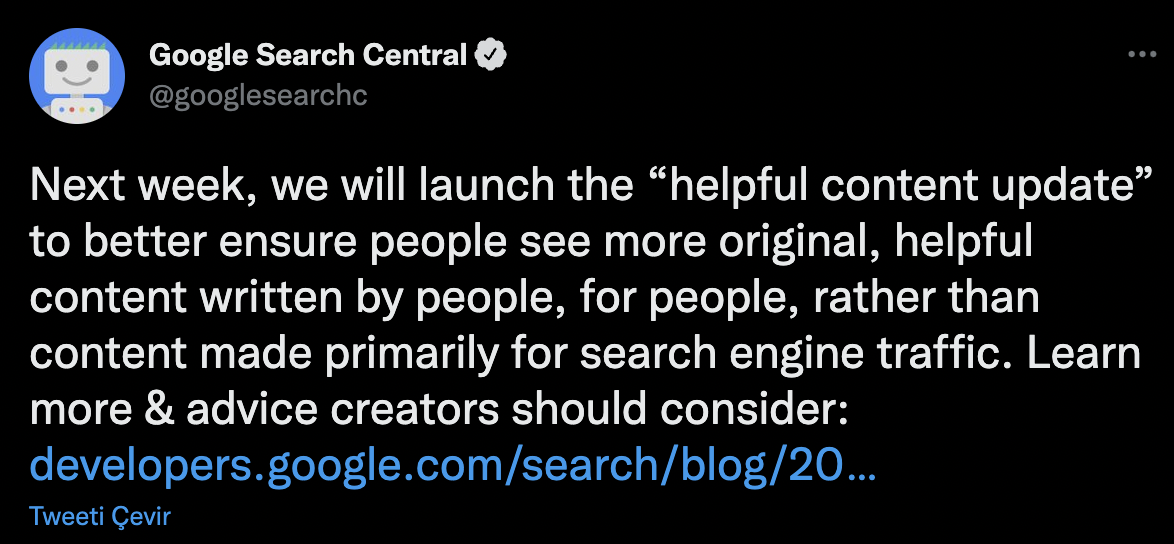
What is Helpful Content Update?
In a nutshell, the Helpful content update is an update that reduces Google's performance by weeding out content that doesn't help people or provide accurate information and is written with the intention of gaining rankings.
After the algorithm change, if your site is classified as "useless" because it has low value-added content, Google may consider your site useless and lower your rankings. To explain with a simple example, if 20% of your site consists of high-quality content and 80% of your site consists of low-quality content, your entire site can be classified as useless.
Distorted media has already been mentioned in Google News & Discover policies. These kinds of details are becoming more important:

Helpful Content Update Suggestions
In order not to be negatively affected by the update, there are some questions you should ask yourself, which Google also recommends. I wanted to explain them with examples:
Does your site have a main purpose or focus?
It's helpful to clearly state what you specialize in and your main service. For example, if your site's main focus and target audience are on "bike selection", you need to show this. Below is an example of a site that explains how they test the best bikes:
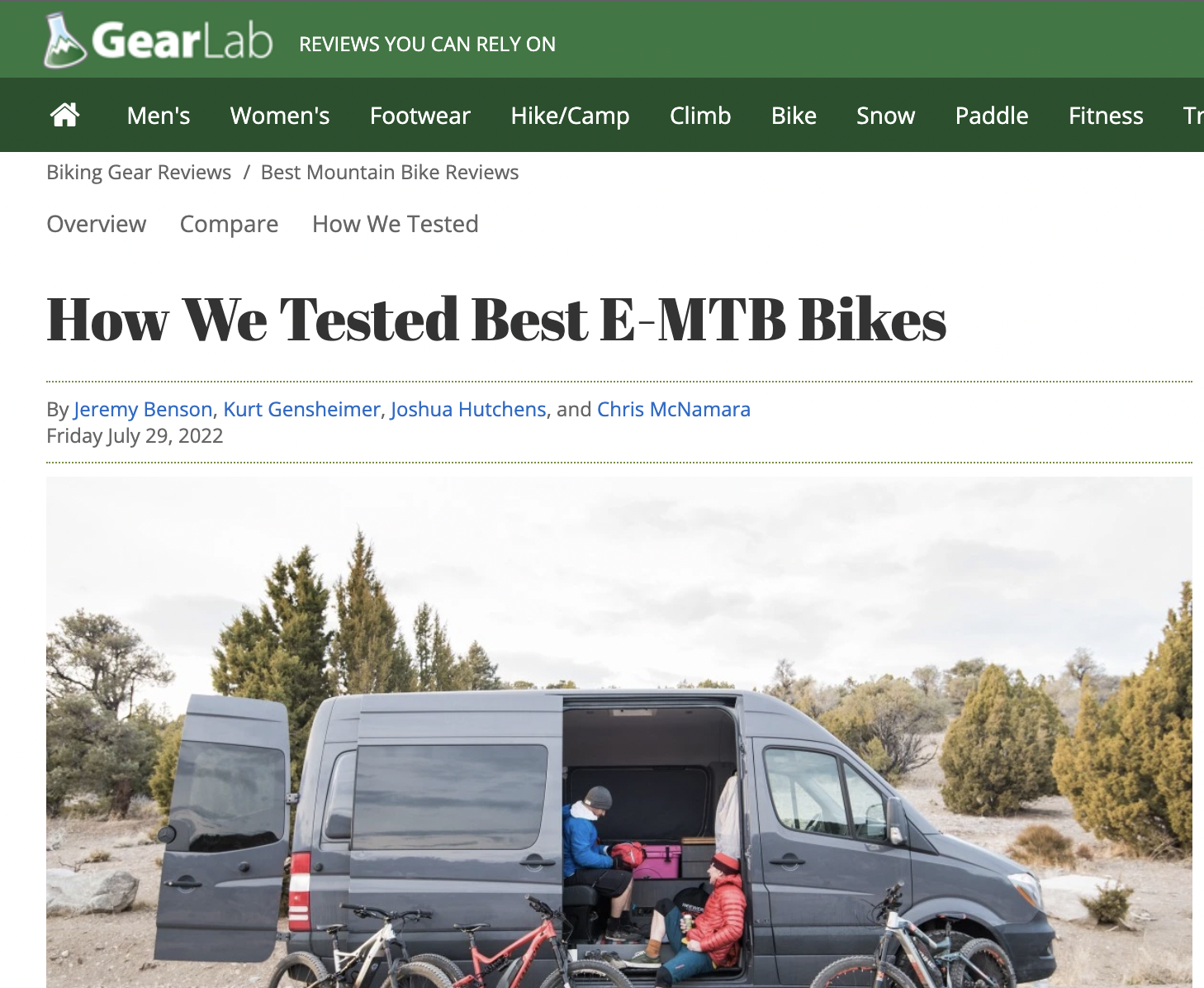
You can very easily see that the main subject of the site is reviews specific to some categories:

Is it clear what the purpose or focus of each page is? Is it intended to help people?
You can think of it as a continuation of the above point. You can specify the user's main request in detail without overwhelming them with unnecessary content:
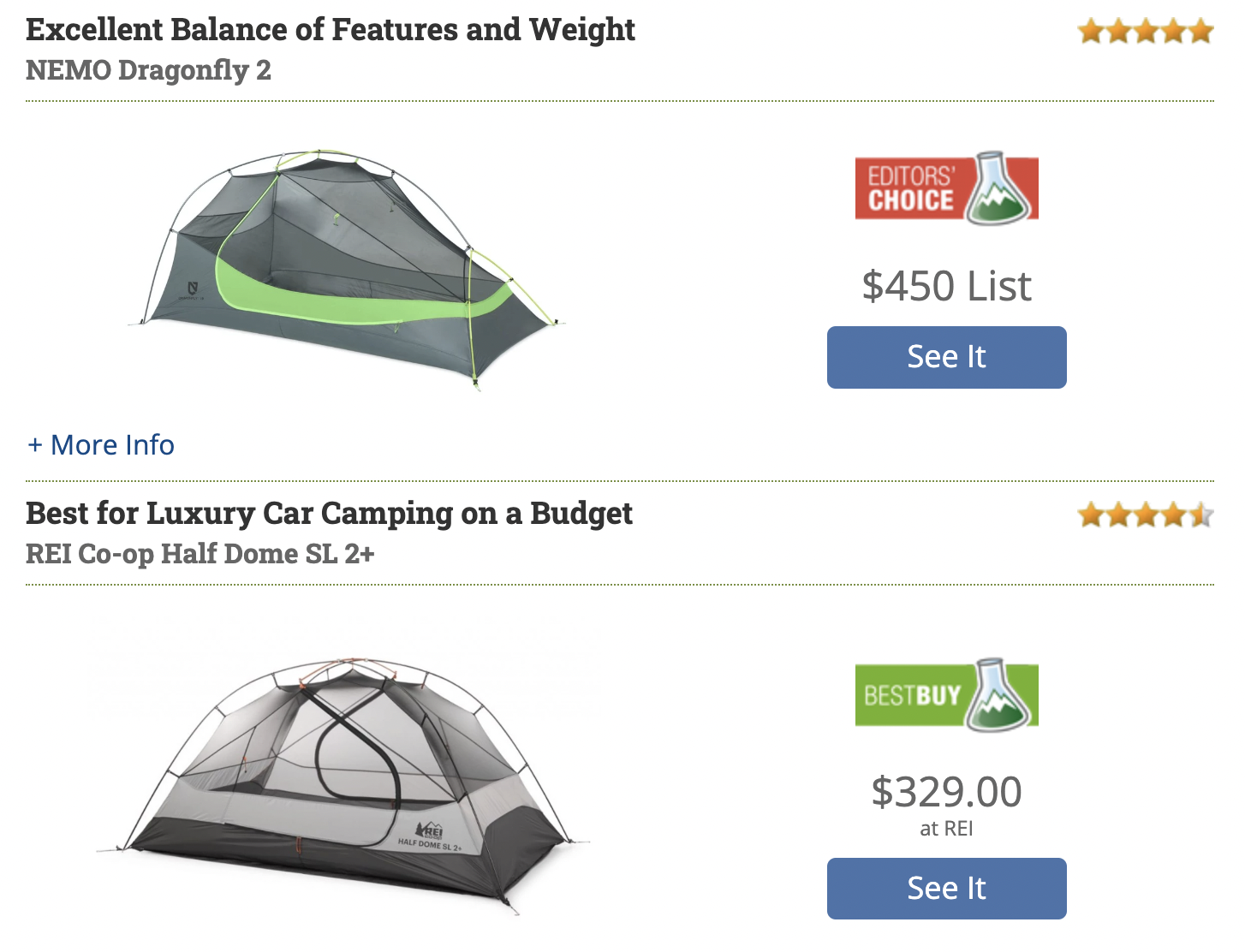
Let's look at the query "mortgage calculator" for another example. If you write a 2000-word content for this query and don't give a calculator at the end, you might not really meet the focus. Therefore, aiming to help people should be your main goal beyond SEO:
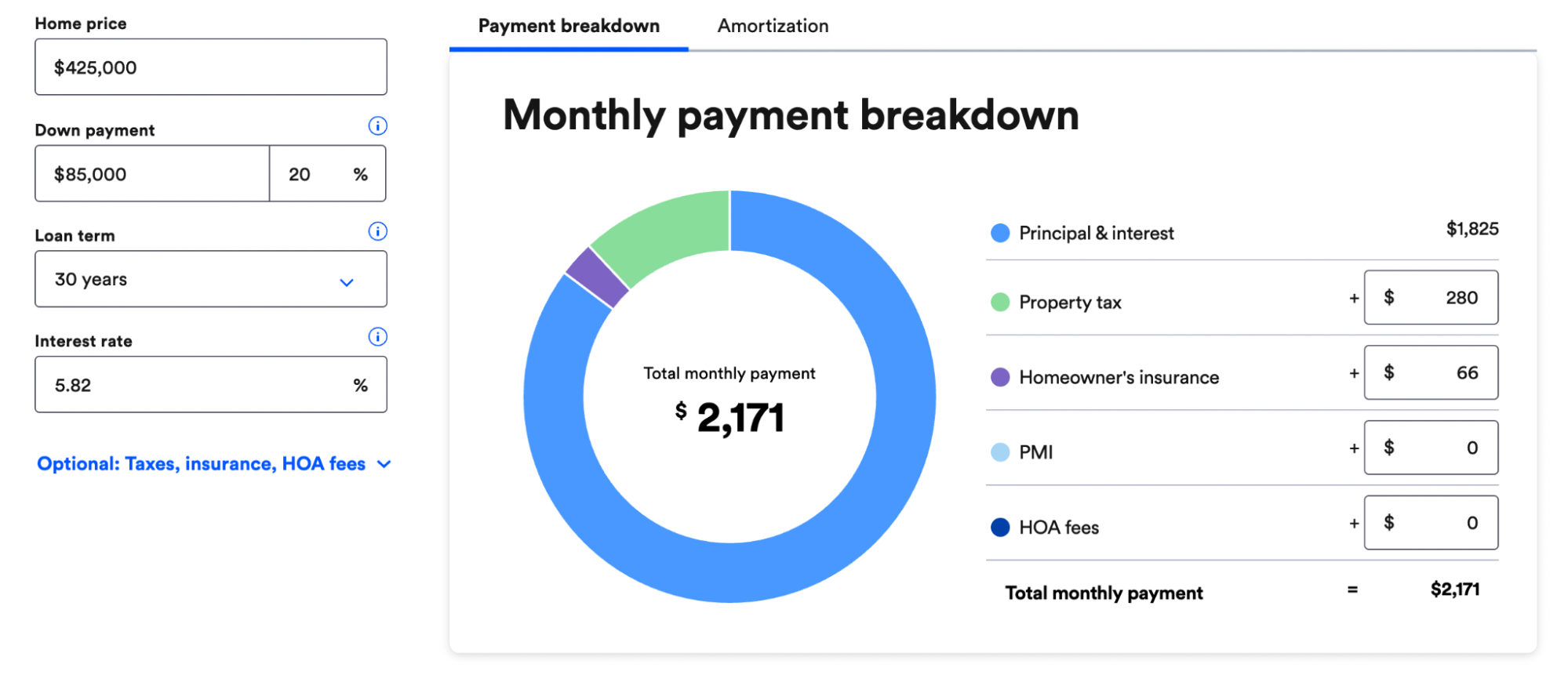
Does your content clearly demonstrate expertise and deep knowledge in a professional manner?
You can see this in the example below. The user can see all the details before they start reading the article: (You can read the E-A-T article.)

Information and expertise should not be limited to health & beauty-related sites. For example, if you have a travel blog, Google may find it more valuable to use photos of people traveling to the relevant places instead of using stock images:

-Do you have a target audience that might find your content useful?
Many people interested in SEO may find the content produced by companies like Ahrefs useful and apply it to their sites. You can create content plans that will not miss the target audience and make them find your site or a product you produce useful:
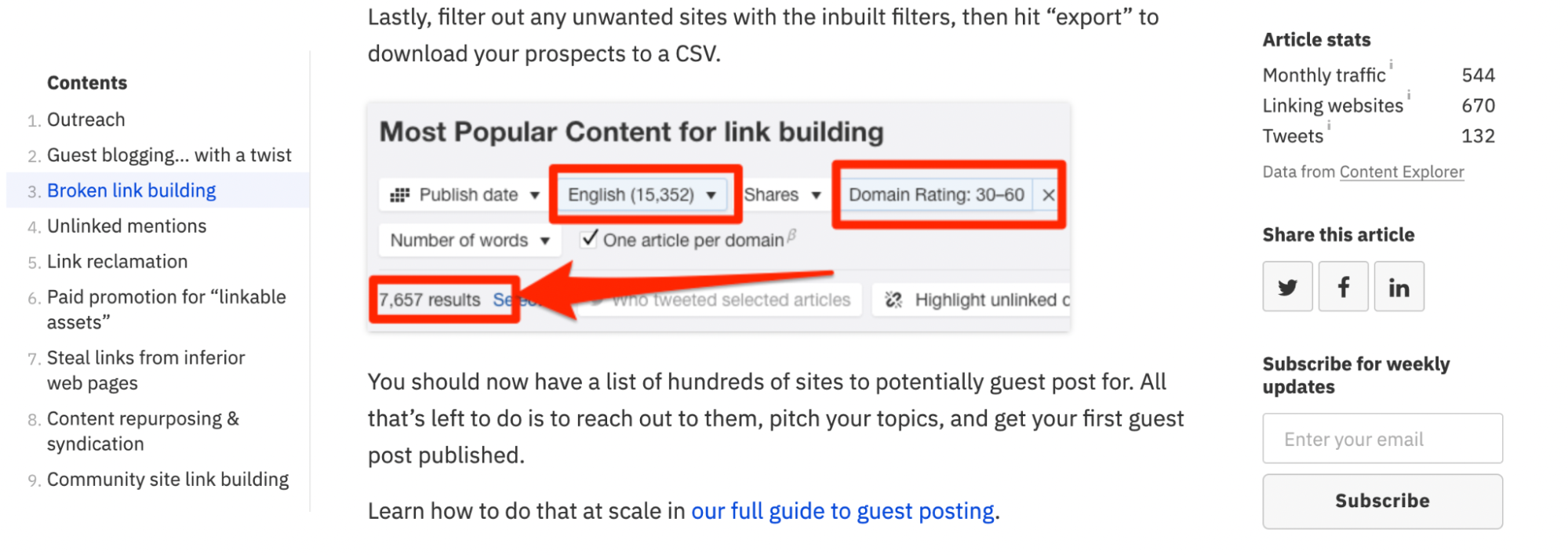
Will someone reading your content feel like they've had a satisfying experience?
If you have a product review page, you can create your content with the thought "what details would I like to read about this product?". It is important not to think of the content structure as just plain text, for example, you can also clearly show the advantages or disadvantages:
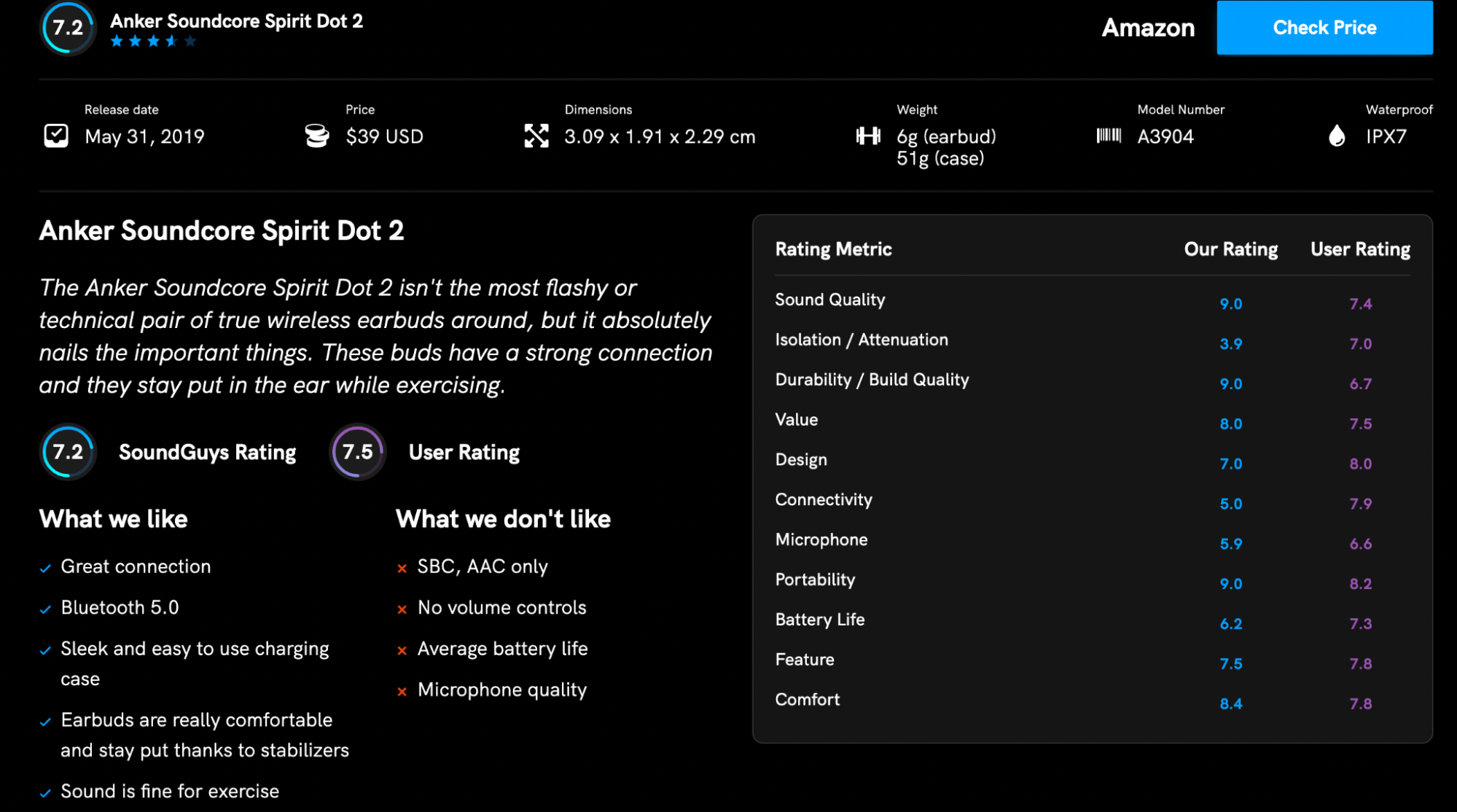
Do you leave your visitors with the feeling that they have learned enough from your site to help them get what they want after reading the content?
You can ensure that the content you produce for your target audience is the best and most comprehensive in its field. They should get the most details and expert information from your site. In this way, they should be able to find the information they are looking for from your site without going to other sites. In this way, their trust in your brand will also increase.
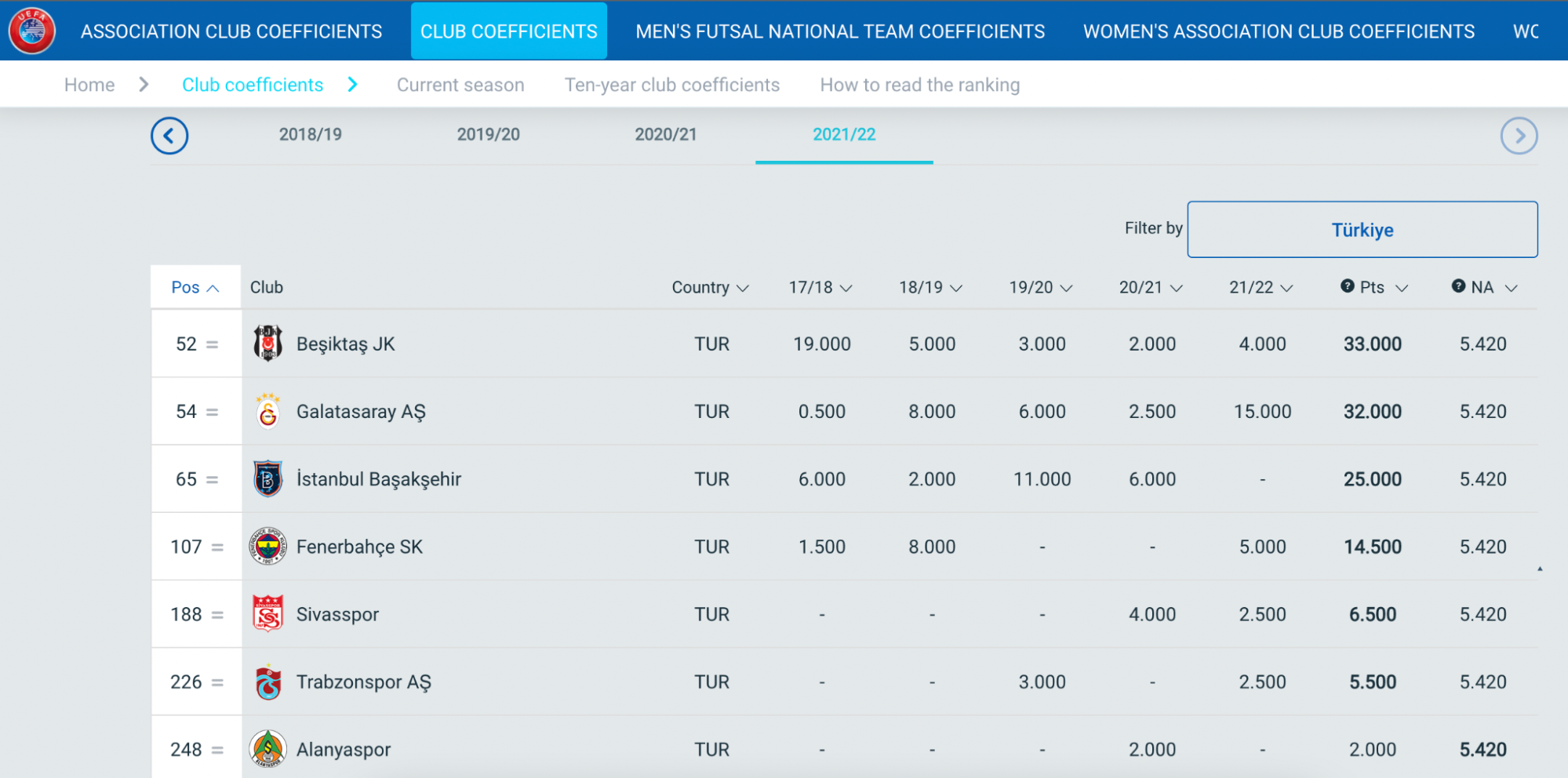
The table above shows me, as a visitor, the club coefficients of the Turkish teams. I can also learn the details of this scoring system without going to another site:
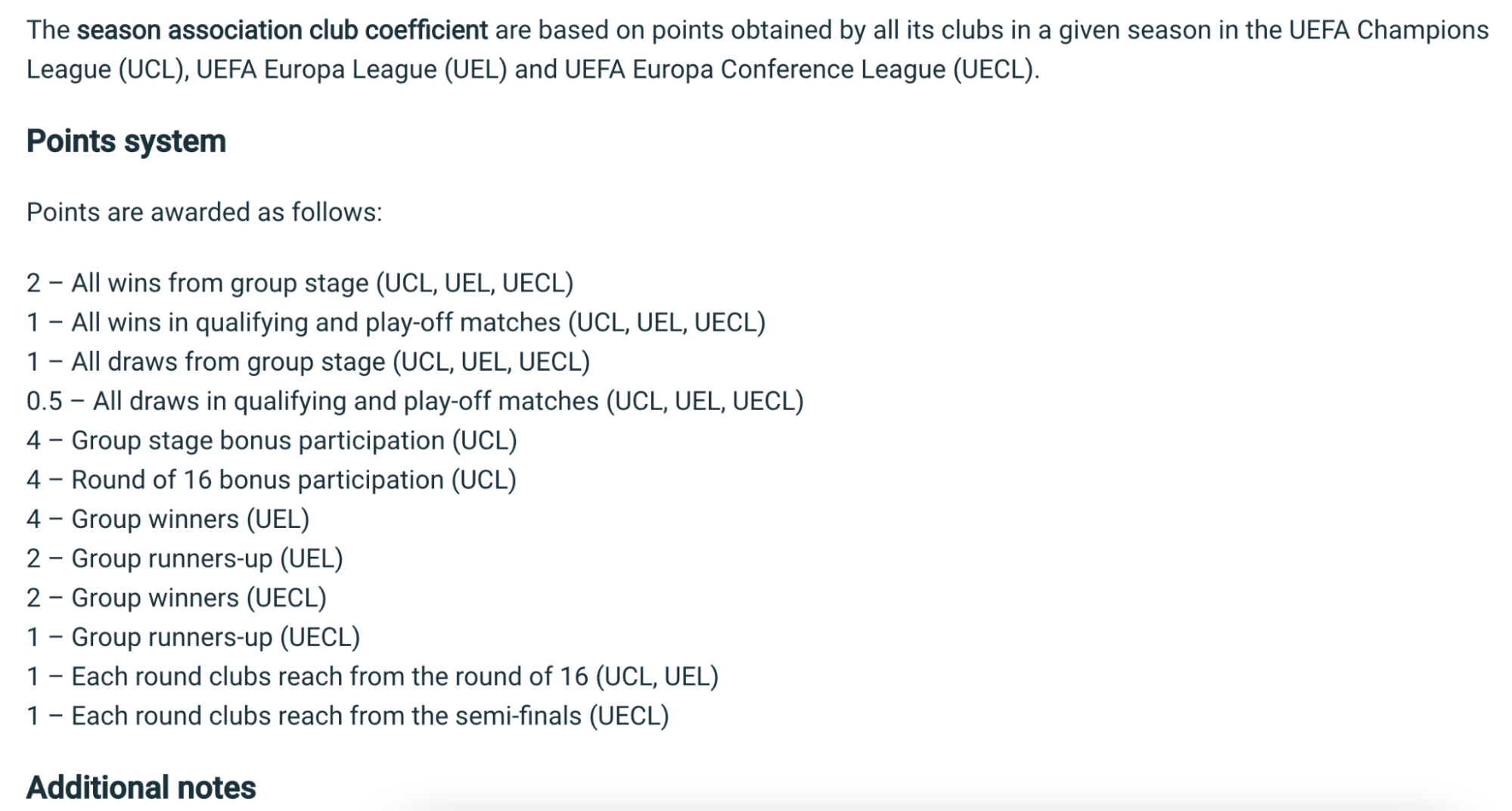
Does your content answer a question that doesn't really have an answer, such as suggesting that a product, movie, or TV series has a release date that is not yet clear?
For example, when the new version of "iPhone" will be released is among the questions asked every period. In a search such as "iPhone 15", specifying when the product will be released in the page title and not giving clear information about this issue or giving the wrong date may damage your SEO efforts:
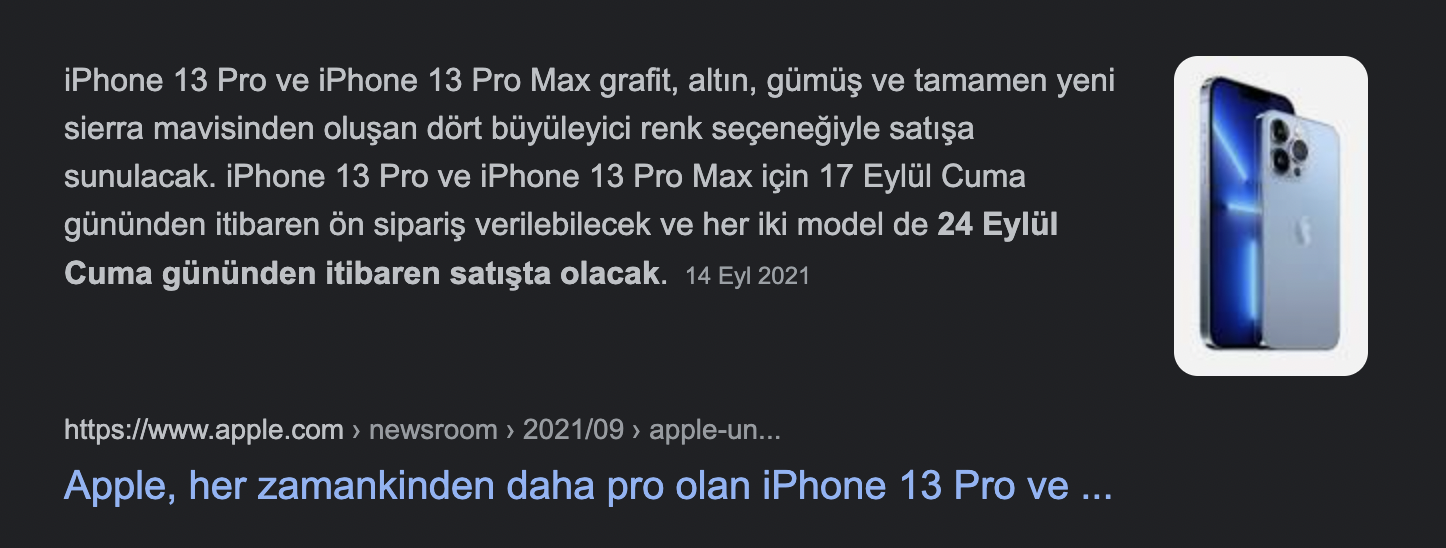
Do you produce content without focusing on word count?
If you are writing to a certain word count because you have heard or read that Google has a preferred word count, you should stop immediately. It will be enough to write enough content to meet the queries that users are looking for.
Finally, in order to always give your visitors the best and most detailed information, you can also analyze the questions in the People also ask section to find out what kind of journey is made in the relevant queries:
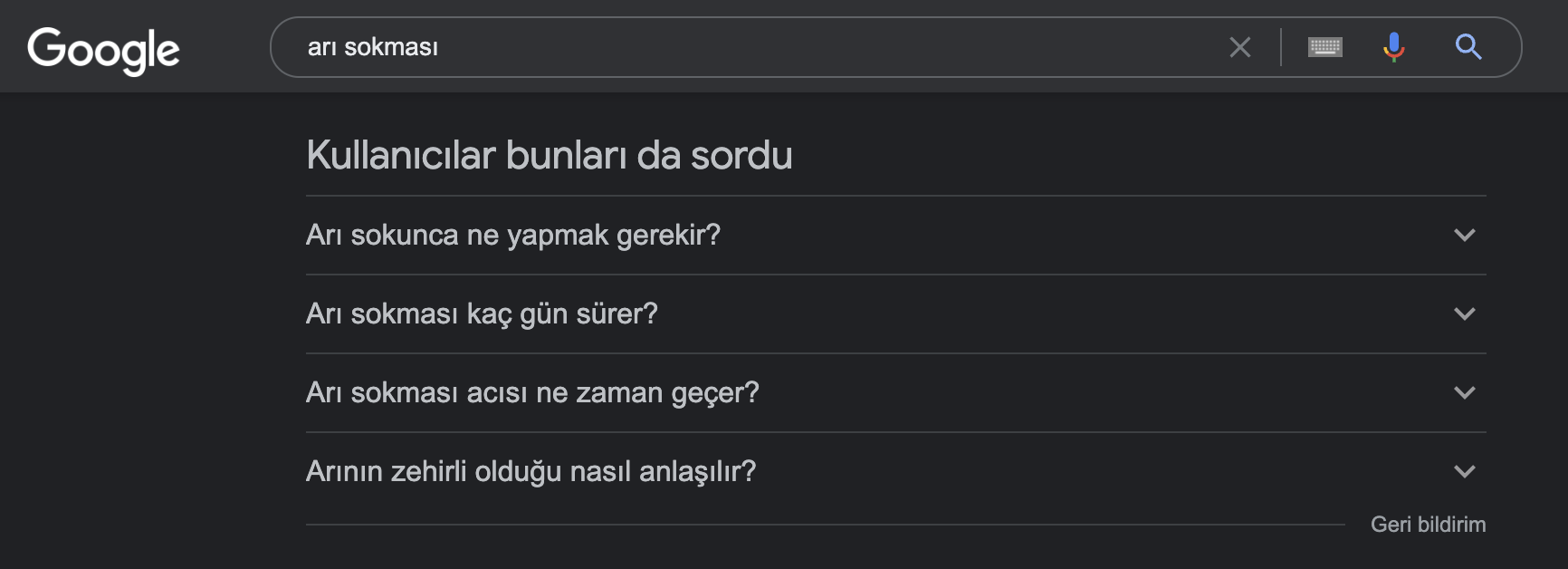
The Biggest Mistake: SEO-Compatible Content!
If you write "SEO-compatible content", it is inevitable that this update will hit you as soon as it starts to affect all languages. Our goal should be to produce "User-Oriented Content" and work with those who produce this content, rather than details such as x number of sub-headings and these words. You should constantly analyze the questions of who your target audience is and how you need to present the answer that this audience expects.
For example, if your visitors want to see the results of "National Defense University Base Points", you can show them the result they are looking for in the tabular form. You can put all the examples I have provided in this article together and create plans to create the most useful content.
Questions About Google Helpful Content Update
Are products like Google Discover & Google News affected by this update?
No, for now only Google search results are affected. In the coming period, these products may also be affected by the update. In particular, publisher sites that produce some low-quality content are expected to be affected in the coming period.
How long does it take to update?
It is expected to take a few weeks to fully roll out.
What about content produced by automation such as GPT-3?
Google can detect useless content auto-generated by GPT-3 and lower the ranking of pages over time.
Has the update to Turkish results arrived?
No, it is not yet reflected in Turkish search results.
Will Subfolder/Subdomain structures also be affected by the update?
Yes, this update will affect the entire site, not individual pages.
Which category/industry sites will be affected?
According to Google, this update is especially important for:
- Pages containing online educational materials,
- Sites focused on arts and entertainment,
- It is stated that it will affect sites that publish shopping and technology-related content.
If the Update affects us and we lose ranking, can we come back again?
Yes, but this requires regular content checks for several months.
Is this update a punishment?
No, it is not a manual process or spamming. It only states that it is a new signal.
What can we do for low-quality pages?
These pages need to be identified and updated in a way that can be made really high quality. For example, if you have content about "How much are iPhone 13 prices", you need to clearly give the price or price range with up-to-date information. Another example is the "current rent increase rate" to provide up-to-date and accurate legal information on words such as.
Is the update a one-off?
No, Google algorithms will periodically (e.g. once a month) determine the timeliness and usefulness of the content. Adjustments will not bring immediate benefits. There will need to be a validation period for the algorithm to understand that you are making plans to fix your site.
You can also learn from past Google algorithm updates.
Even if you're producing great content now, you probably have poor-quality pages from years ago. For example, content written on a trending topic 3-4 years ago may now be considered low quality. Over time, your competitors may have created more comprehensive content than you. When creating your plans, you can take steps to go back and make sure that your old content is in line with your current content standards.
Many quality organic traffic days!
Different resources:

